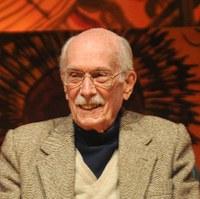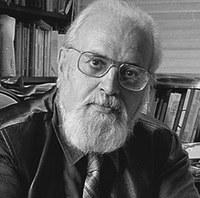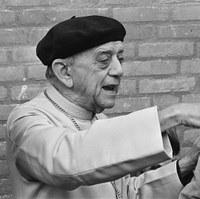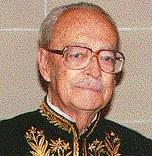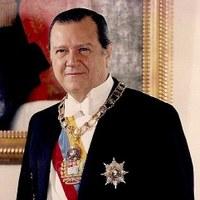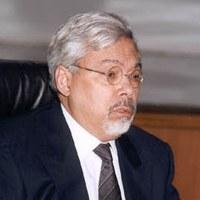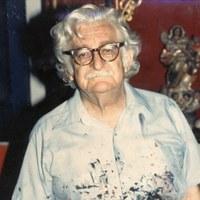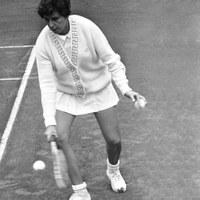(Português) Candido, Antonio
Rio de Janeiro, 1918 - São Paulo (Brazil), 2017 By Flávio Aguiar Antonio Candido de Mello e Souza graduated in social sciences from the Faculty of Philosophy, Sciences, and Letters at the University of São Paulo (USP), where he worked until 1958. He engaged in literary criticism since his formative…


